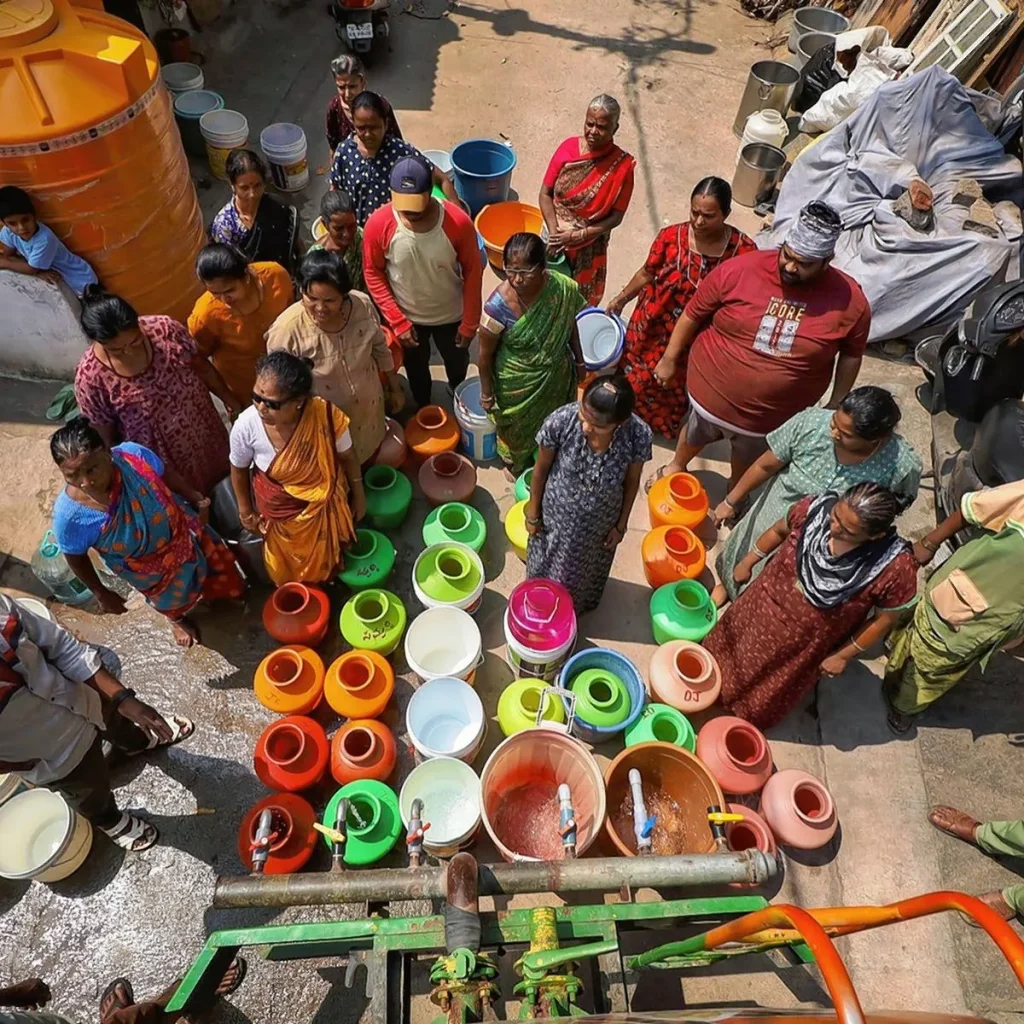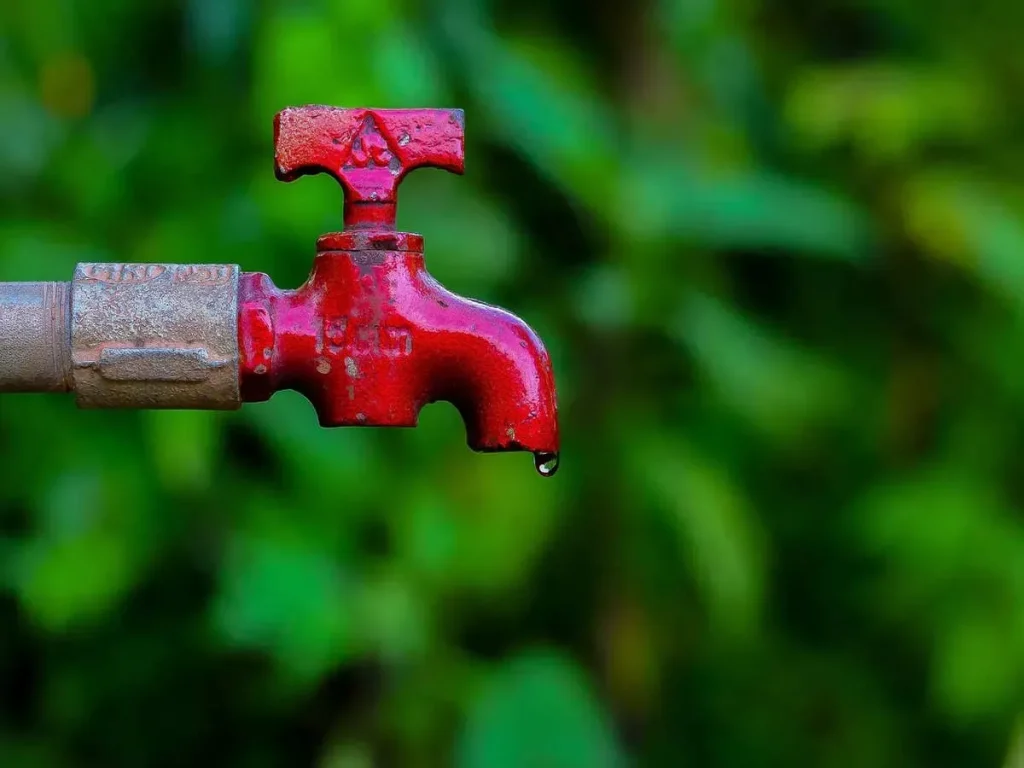As the summer season approaches, Bengaluru is taking proactive steps to manage its water resources. The Bengaluru Water Supply and Sewerage Board (BWSSB) has imposed a ban on the use of potable water for non-essential activities, such as washing cars, watering gardens, construction activities, and maintaining decorative fountains. The move aims to conserve water during the typically dry months of March to May.

BWSSB’s Water Conservation Measures
The order, issued on February 17, clearly outlines the prohibited activities under the Bangalore Water Supply and Sewerage Act, 1964. These include the use of drinking water for vehicle washing, lawn watering, non-essential purposes in malls and cinemas, as well as road repairs and cleaning. Violators of this directive will be fined Rs 5,000, with an additional penalty of Rs 500 per day for repeated offenses. The BWSSB encourages residents to report violations through their helpline, 1916.
Water Scarcity Concerns
With a population of 1.4 crore, Bengaluru is grappling with declining groundwater levels and insufficient rainfall. A recent study conducted by BWSSB in collaboration with the Indian Institute of Science (IISc) identified 80 wards, including 110 villages, as highly dependent on groundwater. These areas are at significant risk of facing water shortages. The study also predicts a sharp decline in groundwater levels—up to 5 meters in Central Bengaluru, 10 to 15 meters in CMC areas, and as much as 20 to 25 meters in surveyed villages.

A Focus on Sustainable Water Solutions
Bengaluru is heavily reliant on borewells, extracting around 800 million liters of water daily. Areas like South-East Bengaluru, Whitefield, and the outer city limits are among the most water-stressed regions. BWSSB Chairman Ram Prasath Manohar has urged residents, particularly in high-risk areas, to reduce their dependence on groundwater and switch to the more sustainable Cauvery water supply. The recently completed Cauvery Phase 5 Project has increased water availability, offering a long-term solution to Bengaluru’s growing water demands.
As Bengaluru faces mounting pressure on its water resources, these measures are crucial for ensuring the city’s water security during the upcoming summer. By adopting strict conservation measures and promoting sustainable water usage, the city aims to manage its water supply effectively and safeguard resources for future generations.
